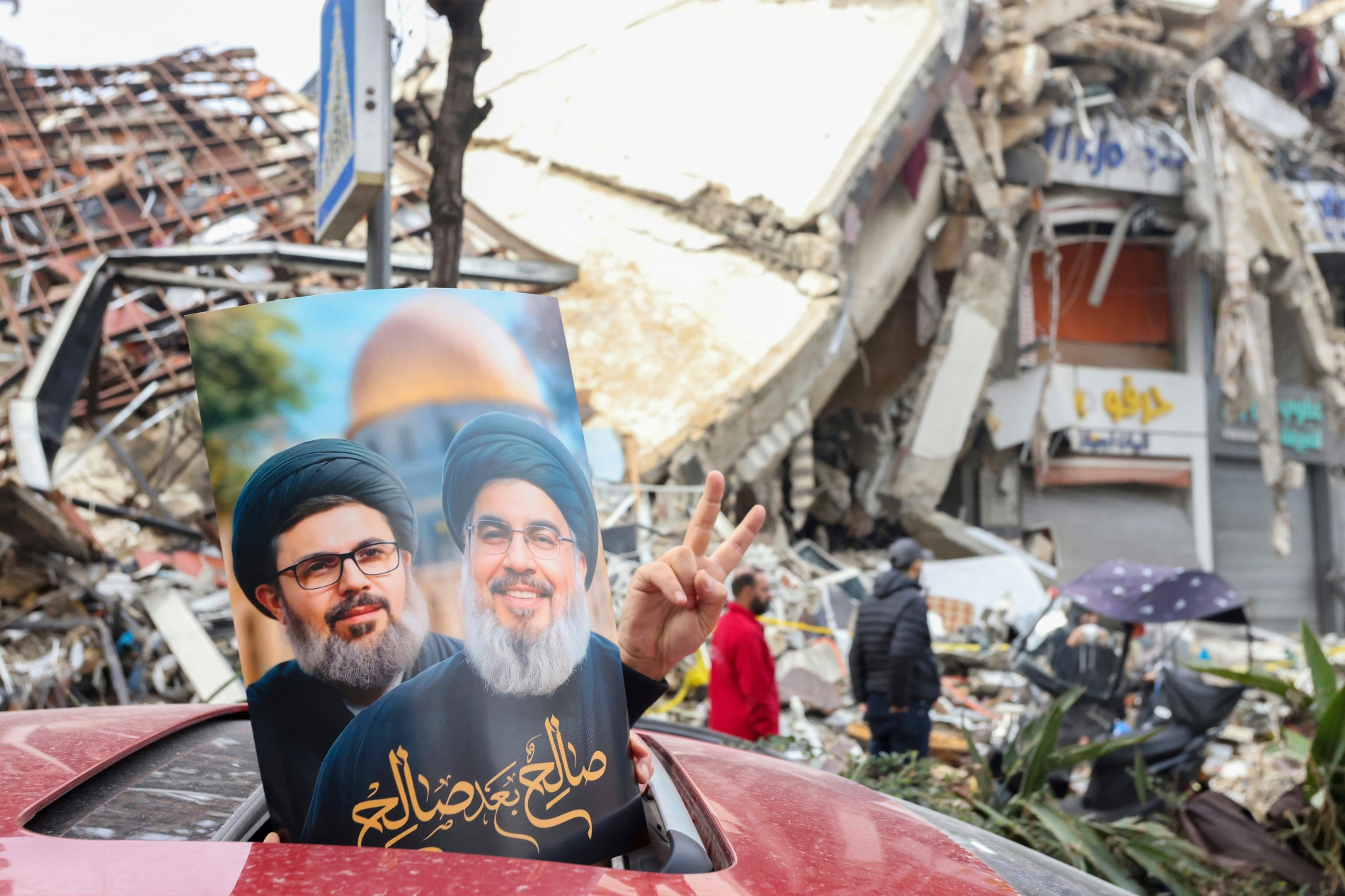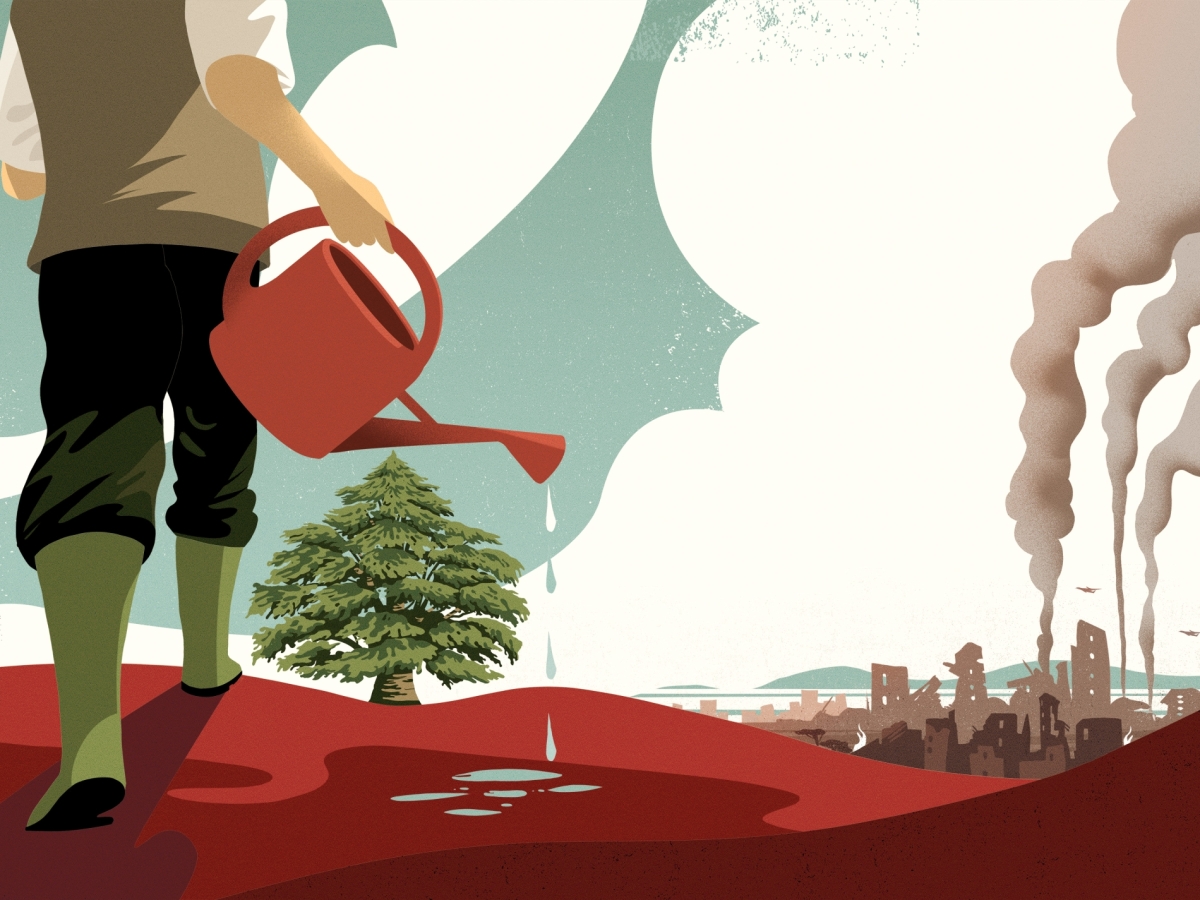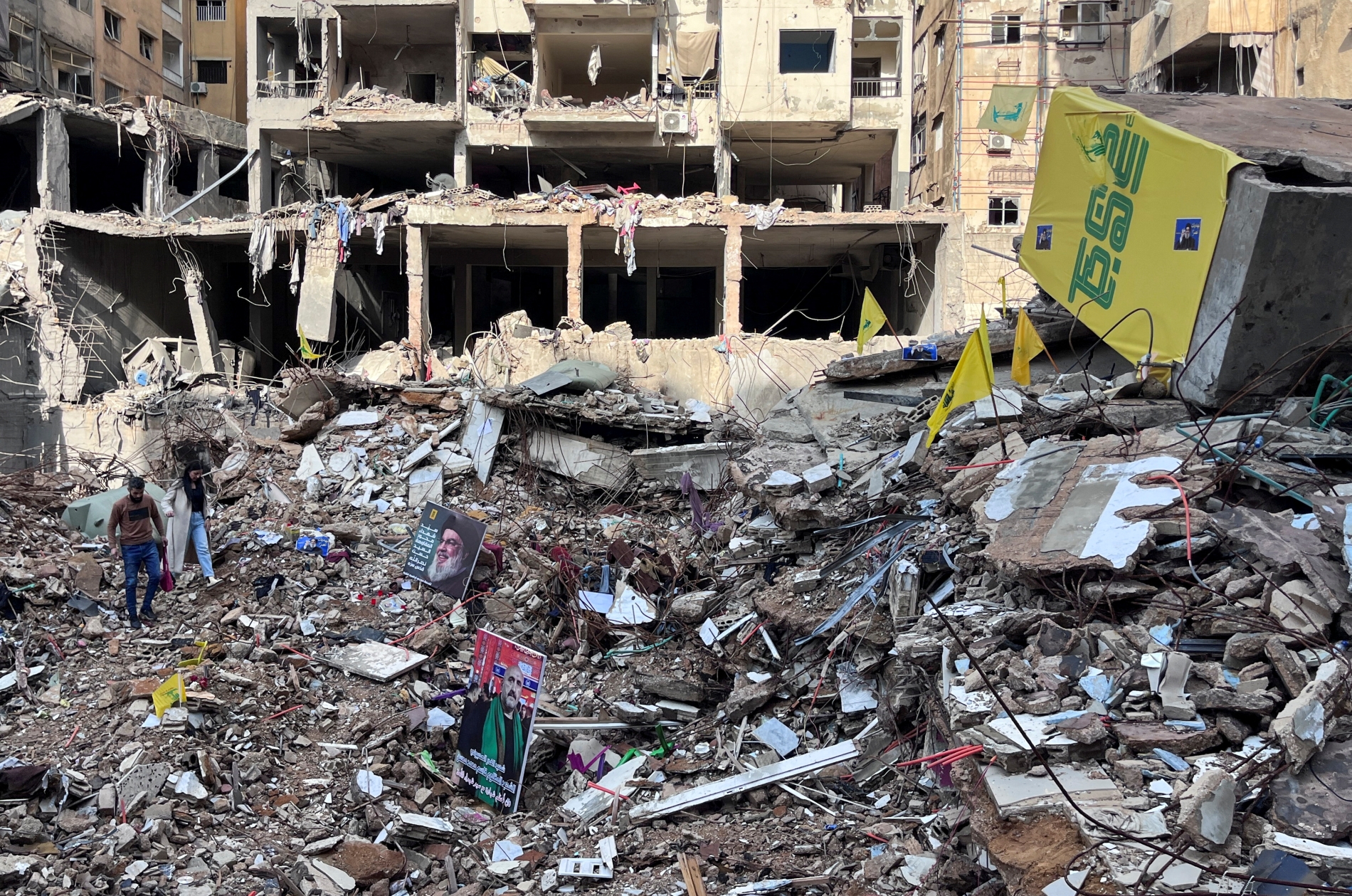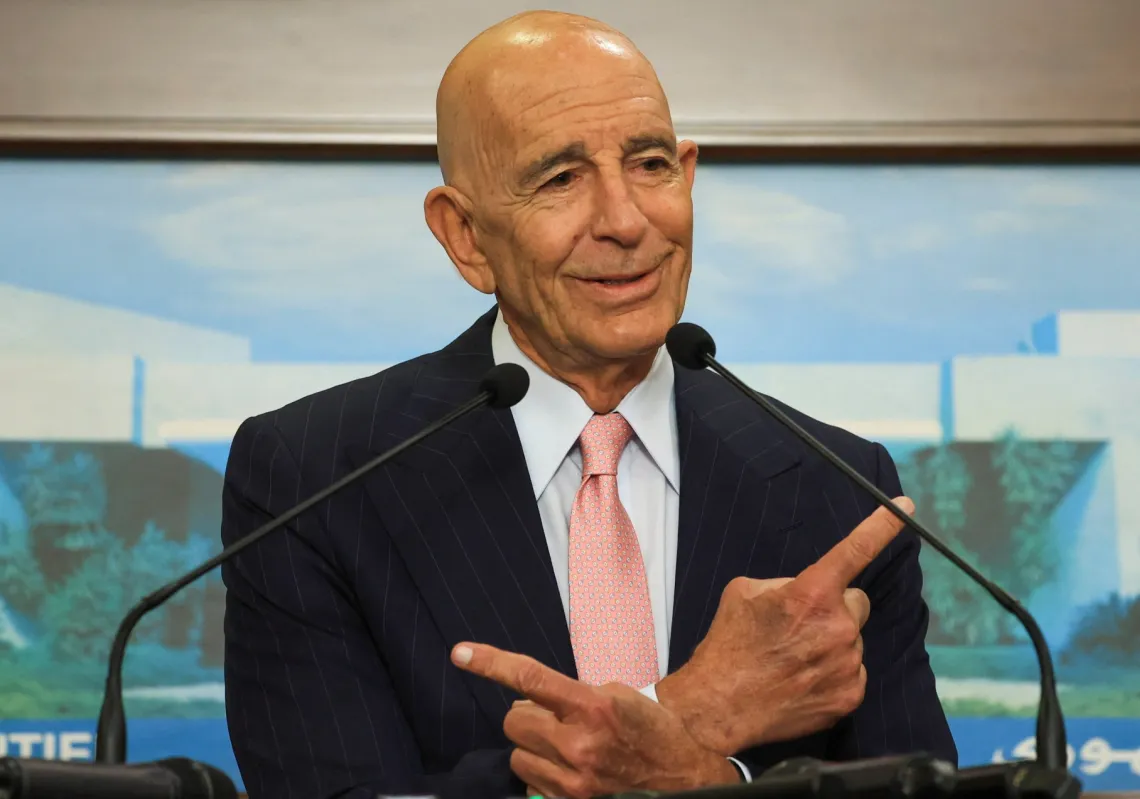A half-century after the start of a horrific civil war—one that lasted 15 years and paved the way for foreign occupation, armed conflict, and economic collapse— Lebanon has been presented with a rare opportunity to move toward genuine statehood.
Will it be seized or wasted? Although Lebanon's army, government, and people will be vital in determining the answer to this question, the intentions and actions of outsiders will also be critical—namely Iran, Syria, Saudi Arabia, Israel and the United States.
One day after Hamas infamously attacked Israel on October 7, 2023, Hezbollah—acting in its role as the Lebanese arm of Iran—launched its so-called "war of support" against Israel. Daily rocket and drone attacks from across the border left 80,000 Israelis displaced from their homes in the north. Israel responded by razing Lebanese villages seen to be Hezbollah strongholds, causing much of the country's southern population to flee north.
The war stretched for nearly a year until Israel dealt a crippling blow to Hezbollah when it killed its iconic leader Hassan Nasrallah in September 2024. Despite the huge losses it sustained, Hezbollah remains armed, and its key ally, Iran, is determined to replenish its arsenal that was either exhausted or destroyed.
The stakeholders' view
Tehran may well recognise that the days of Hezbollah serving as its Lebanon-based deterrent against Israel are over. But it may still see the organisation as an important tool to maintain influence in Lebanon and regain its foothold in Syria. Meanwhile, the US and many of its Arab partners see stopping the vicious cycle of Iranian aggression in the Arab world as an important objective.
Here, Hezbollah is mulling the strategic choice of whether or not to urge its base to view themselves as Lebanese citizens rather than proxies of Iran. There seems to be momentum for the former ever since their false claim to be the "resistance" against Israeli occupation of Lebanese land lost the buy-in of Lebanese society—and even of some of its own base.

While many Lebanese Shiites still see Hezbollah's weapons as a shield against attacks not only from Israel but also jihadist groups in Syria and even other antagonistic Lebanese—and rely on the social services provided by the group in absence of the state—some may yet become convinced that peaceful politics, rather than armed resistance, is the best way forward.
Thus far, Hezbollah has refused to disarm. That means US and Western efforts to strengthen the Lebanese Armed Forces (LAF) are essential to prepare them in the event that the stand-off ends up in a military confrontation between the two sides.
For its part, post-Assad Syria can, if it wishes, play a significant role in helping Lebanon evolve toward statehood and enable that state to establish a monopoly on weapons of war. While the intentions and capabilities of Syria’s new president, Ahmed al-Sharaa, are not yet clear, his scheduled state visit to Beirut later this month will be telling. There, he is expected to declare his commitment to Lebanon’s independence and Syria’s readiness to demarcate land borders with its neighbour so that jihadists, terrorists, and drug traffickers can be jointly suppressed.
Following Hezbollah's 2023 "war of support for Hamas" against Israel—and after nearly six decades of dealing with armed, non-state actors operating on Lebanese soil—Israel now views Hezbollah's disarmament as non-negotiable. To this end, it plans to continue striking at Hezbollah targets in Lebanon, despite the ceasefire—as well as maintain its occupation of several points in southern Lebanon—until the group either voluntarily lays down its arms or is forcibly stripped of them.
And while the LAF is doing a decent job of securing Lebanon south of the Litani River, Israel could directly coordinate with it to transition the Israeli army out and the Lebanese army in its place. It could also permit LAF military engineers—reinforced, perhaps, by Jordanian military engineer units—to restore vital infrastructure in destroyed Lebanese villages adjoining the Blue Line separating Israel and Lebanon.













